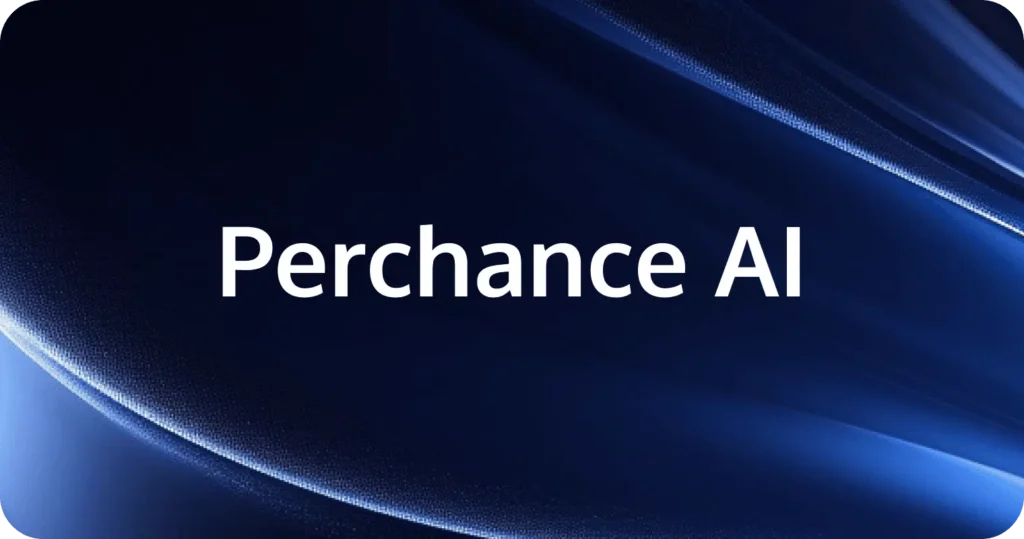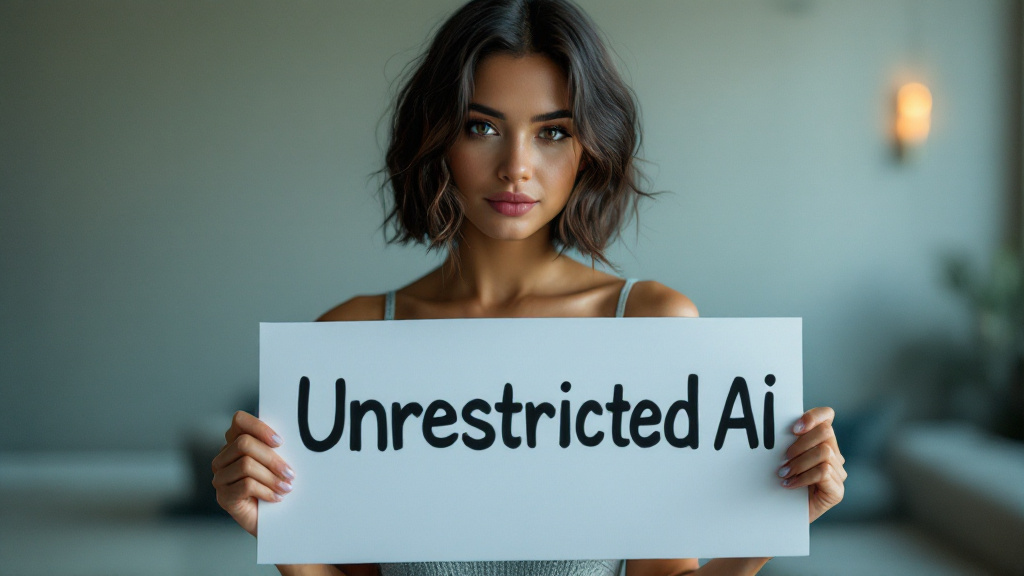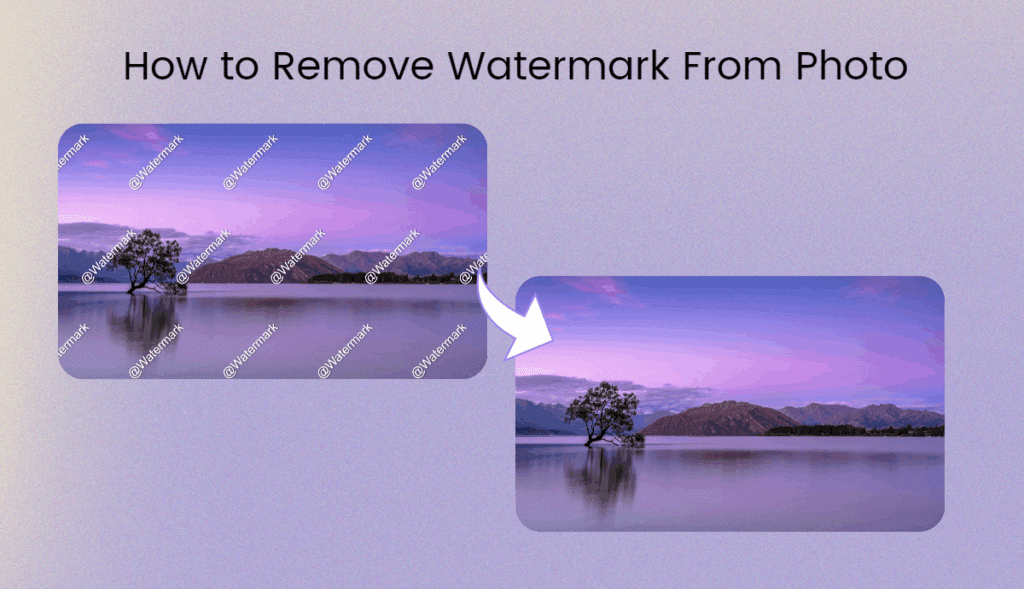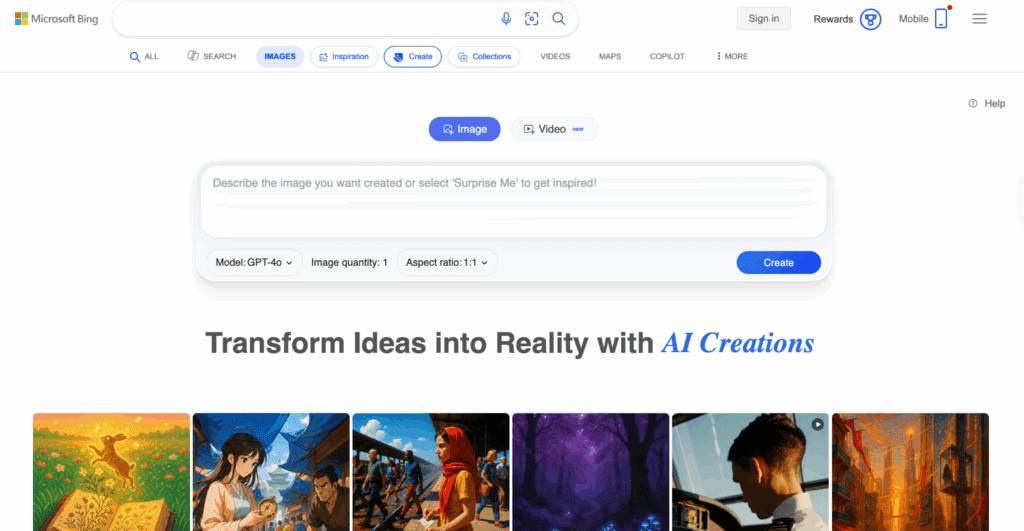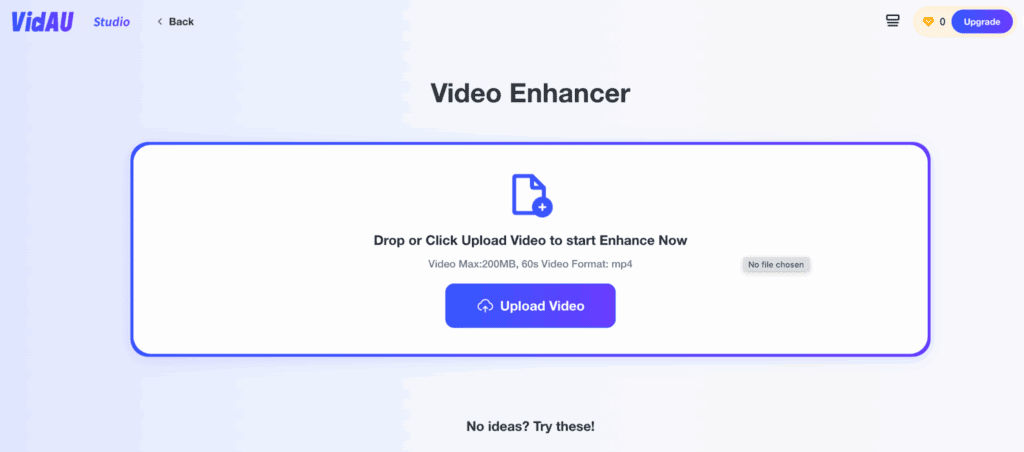In an era where artificial intelligence (AI) is revolutionizing industries, from healthcare to transportation, it’s no surprise that the entertainment world is also harnessing its power. But as AI creeps into our favorite TV shows and films, the question begs: where do we draw the line?
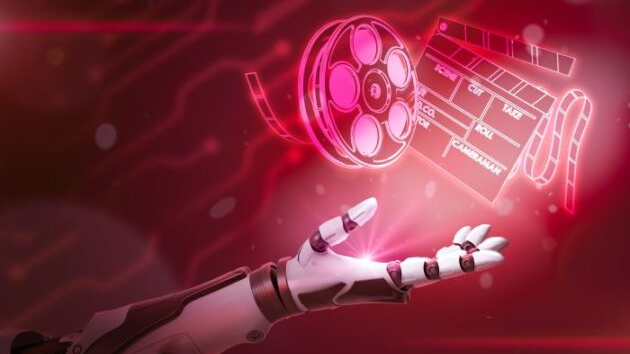
Picture this: you’re binge-watching the latest sci-fi series, mesmerized by the lifelike android characters and seamless CGI effects. But wait, are those actors real, or are they AI-generated avatars? The lines between reality and fiction blur as technology pushes the boundaries of what’s possible on screen.
AI has already made its mark in Hollywood, with applications ranging from digital doubles of deceased actors to deepfake technology that can seamlessly manipulate footage. While these advancements offer exciting possibilities for storytelling, they also raise ethical concerns about consent, authenticity, and the potential for misinformation.
Take, for example, the controversy surrounding the use of AI to resurrect deceased actors. The digital recreation of stars like James Dean and Marilyn Monroe has sparked debates about the ethics of posthumous performances and the exploitation of celebrity identities. As AI becomes more sophisticated, the temptation to resurrect beloved icons may clash with the rights of their estates and the integrity of their legacies.
But it’s not just about bringing back the past; AI also has the power to shape the future of representation in media. With deep learning algorithms capable of generating diverse characters and storylines, there’s the potential to break free from traditional stereotypes and foster inclusivity on screen. However, this utopian vision comes with its own set of challenges, including bias in AI training data and the risk of perpetuating harmful stereotypes under the guise of progressivism.
Then there’s the issue of AI-generated content itself. With algorithms capable of writing scripts, composing music, and even directing scenes, the role of human creators may become increasingly marginalized. While automation can streamline production processes and cut costs, it also raises questions about artistic integrity and the authenticity of creative expression. Will audiences be able to distinguish between AI-generated content and the work of human auteurs?
As we navigate this brave new world of AI in TV and film, one thing is clear: the lines are constantly shifting. What was once science fiction is now reality, and the ethical dilemmas we face are more complex than ever before. Whether it’s grappling with the rights of digital personas or reimagining the role of human creativity, the conversation surrounding AI in entertainment is far from over.
So, where do we draw the line? Perhaps there is no definitive answer. Instead, we must approach the intersection of AI and storytelling with curiosity, skepticism, and a willingness to challenge our assumptions. After all, the future of entertainment is being written not just by algorithms, but by the collective imagination of humanity itself.

